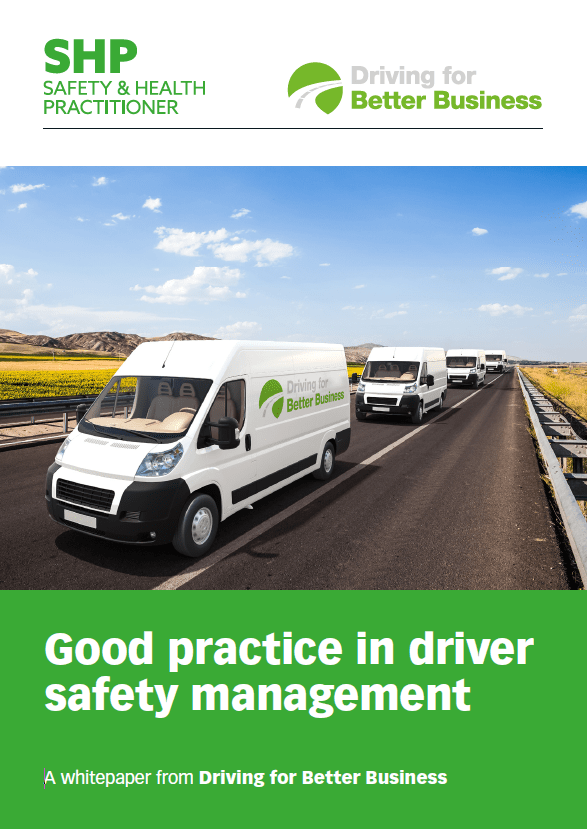New research from road safety charity Brake, and insurer Direct Line, has revealed that stress and anger behind the wheel has increased since the first national lockdown, in March 2020, and that drivers themselves admit that these negative moods are having a detrimental effect on their driving behaviour.
The findings, published in the partnership’s new ‘Driving behaviour’ report, highlights that in March of this year, nine in ten drivers admitted to feeling stressed or angry when behind the wheel, an increase of 6% on figures from March 2020, when the UK entered its first lockdown. Troublingly, more than one in ten drivers now say they feel stressed or angry every time they are behind the wheel, up 3% over the same period, meaning that more drivers now feel stressed or angry on every journey, compared with those who never feel this way.
As the country follows the Government’s roadmap out of lockdown, Brake and Direct Line have teamed up to raise awareness of the dangers of negative moods behind the wheel, with more than half of drivers admitting these have an impact on their driving behaviour, including making them accelerate and brake more harshly, drive faster, and be less focused on the task of driving.
With Government statistics showing that aggressive driving contributed to 110 fatal crashes and one in 20 crashes which resulted in serious injury, in 2019 (the most recent annual figures available), and research highlighting stressed or angry drivers suffer a form of cognitive distraction that may affect their judgment and reaction times, the charity and the insurer are raising awareness of simple steps all drivers can take to ease their mood, and potentially reduce the risk of being involved in a crash:
Brake advises the following steps to ease mood behind the wheel:
- Focus on calm, controlled breathing, which can help release muscular tension and relieve stress.
- Plan routes carefully and allow plenty of time for the journey to avoid feeling pressured to rush.
- Drive at appropriate speeds for the road environment and avoid overtaking unless absolutely necessary, to reduce feelings of tension.
- Have something to eat before setting off, as hunger can affect concentration. However, do not eat at the wheel as this could distract from driving.
- Consider alternatives to driving, such as walking, cycling, or public transport, as these may help you to arrive feeling calmer and more refreshed.
The full report is available here.
Work-related stress
Hear Peter Kelly, Senior Psychologist for the Health and Safety Executive discuss work-related stress and Inspector Phil Spencer, Blue Light Programme Co-ordinator at Cleveland Police, discusses the stress of working on the frontline during the pandemic.
Subscribe and tune in the Safety & Health Podcast to discover the latest issues facing the health and safety profession, and stay on-top of the developments affecting your role, from working at height, lone working and common workplace hazards, to safety culture, behaviours, occupational health and mental health and wellbeing.
This eBook will guide you through some of the key understandings you need to be able to manage driver safety effectively and, at the end, provide a series of free resources you can access to help you ensure your own driver safety management system is robust, legally compliant and in line with industry-accepted good practice.
Download this eBook from Driving for Better Business and SHP to cover:
- Why do we need to manage driver safety?
- Duty of care – a shared responsibility;
- Setting the rules with a driving for work policy;
- Managing driver safety;
- Ensuring safe vehicles;
- Safe journeys and fitness to drive;
- Record keeping;
- Reporting;
- The business benefits of good practice;
- Additional resources

